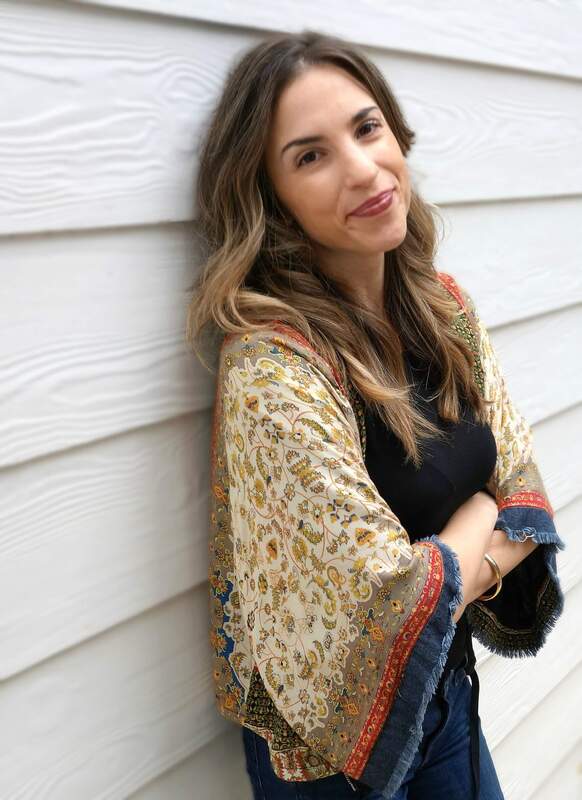|
This article was originally published by the Mountain View Voice on Dec 24, 2014 The term mindfulness gets thrown around a lot, but what does it mean? I can't speak to what folks like Oprah and Dr. Phil mean when they talk about "mindfulness," but I can provide some insight into what psychologists mean. In the context of psychology, the term mindfulness is used to describe both a formal meditation practice in which one sits for a specific period of time with the intention of directing attention towards experiences in the present moment AND the informal practice of focusing attention on experiences in the present moment as one goes about their daily activities (e.g. while cooking, walking, driving, etc.).
Mindfulness training approaches that emphasize both a formal and an informal practice have been associated with decreased symptoms and symptom severity in patients suffering from all sorts of psychological issues including generalized anxiety (Kabat-Zinn et al., 1992), binge eating (Kristeller & Hallett, 1999), social anxiety (Goldin & Gross, 2010) and attention deficit (Zylowska et al., 2008) disorders, as well as improvements on physiological indices of disease in patients with diseases ranging from cancer (Carlson, Speca, Faris, & Patel, 2007; Witek-Janusek et al., 2008), to psoriasis (Kabat-Zinn et al., 1998). And this is just a snap shot of the research literature on mindfulness; I could fill up pages on the medical research alone. It's unreal! So, yeah, if there's one change I recommend making in 2015, it's incorporating some type of mindfulness practice into your daily routine. So what do I recommend? As with all things, the more you put into it, the more you get out of it. The ideal would be something along the lines of 45 minutes of formal practice each day, as well as frequent informal practice throughout the day. I strongly recommend using a smart phone application to guide you through the formal practice or an audio recording. As for apps, I HIGHLY recommend the JKZ Series (it's based off of the extensively researched mindfulness training approach of Jon Kabat-Zinn and is narrated by Kabat-Zinn himself). There are also some local meditation centers that offer great training opportunities for new practitioners. The Zen Center of Sunnyvale, for instance, offers various classes in meditation that are FREE and open to the public. For those of us who don't have 45 minutes each day that we just don't know what to do with, or the time to attend a meditation class, consider incorporating a shorter daily practice of 10-15 minutes alongside regular attempts to mindfully attend to some regular activities. Again, there are some great short guided-meditation apps available for smart phones including Relaxation and Breathe 2 Relax (both are free). I've heard good things about HeadSpace as well, but haven't personally used it. If you are smartphoneless, check out YouTube (here's a playlist of my favorite guided-meditations). Again, if time is an issue, consider taking advantage of your daily commute (if you use public transportation), your lunch hour, or the period just before bed. The aim is to be consistent in attending to this formal practice. Now, if you absolutely have no spare time, you can still benefit from an informal mindfulness practice. Just take some activity that you do daily (folding laundry, washing dishes, feeding your baby) and practice focusing your attention exclusively on the experiences in that present moment. I have long used teeth brushing and walking to and from my car as opportunities to practice informal mindfulness. I do not check my phone during these periods, or read idly. I do not ruminate about the past or worry about the future. Instead, I focus on the sensations and experiences that unfold moment to moment. There usually isn't anything terribly interesting going on. It's often boring and challenging. But over the years, this ability to ground in the present moment and detach from the chaos of my thoughts has proven to be not only an invaluable skill, but a consistent reminder of how dynamic life is, and how precious too.
0 Comments
Your comment will be posted after it is approved.
Leave a Reply. |
This blog includes both new and previously published articles by Dr. Fleck. Archives
May 2021
Categories |
Dr. Caroline Fleck650-429-8828
1350 Dell Avenue
Suite 206 Campbell, CA 95008
|
Policies |
Dr. Fleck 's office is located on the boarder of Campbell and Los Gatos. She provides therapy and consulting to clients in the Bay Area and Silicon Valley including Campbell, Los Gatos, Mountain View, Palo Alto, Menlo Park, Los Altos, Cupertino, Saratoga, Sunnyvale, San Jose, Gilroy, Redwood City, Belmont, Foster City, San Mateo, San Francisco, and the East Bay. Video conferencing therapy is also available for select clients in California and Washington state.



 RSS Feed
RSS Feed